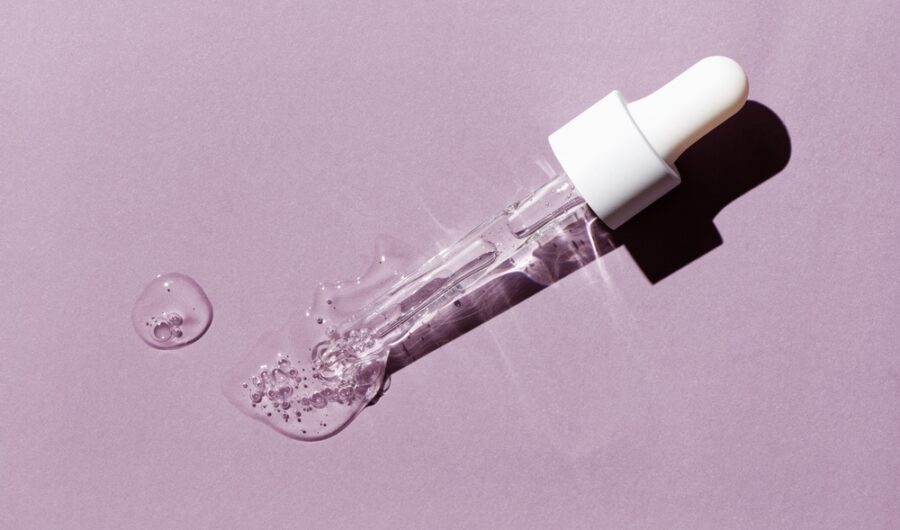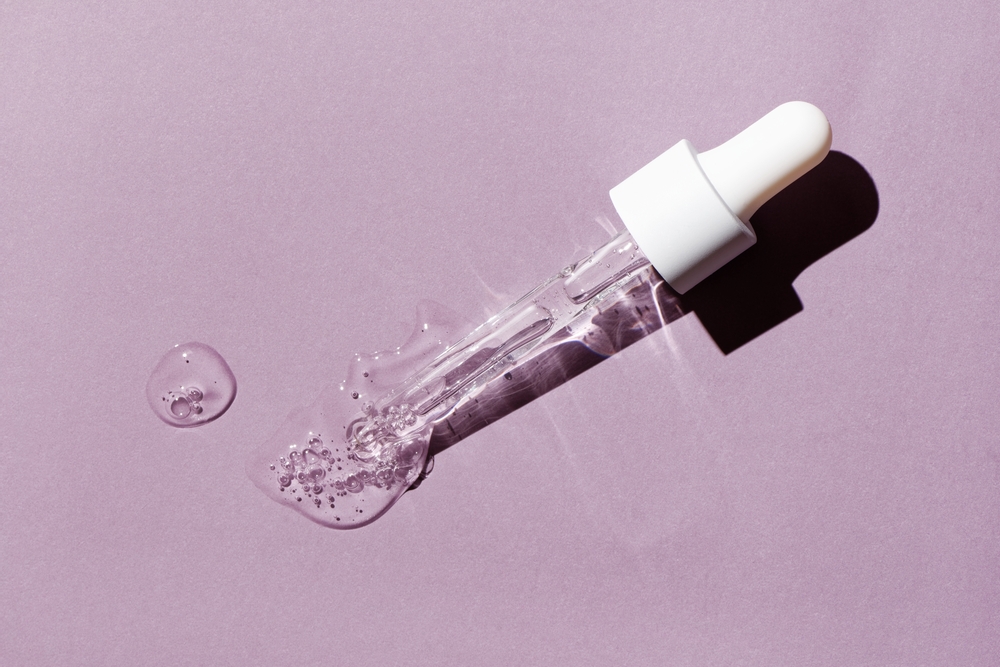In this edition of Hip & Healthy’s new Beauty School series, we’re shining a spotlight on ceramides. Which, unless you’ve been living under a rock, you’ll have seen splashed across skincare products that promise to offer deep-down hydration for all skin types. Just what the doctor ordered as winter kicks in.
As Dr. Ash Soni from GetHarley tells us, “Now that it’s coming up to winter, ceramides are very beneficial to keep the skin well hydrated and to protect the skin barrier”. But what exactly are ceramides and how should we be using them? We tapped the experts (Dr. Soni, Dr. Sophie Shotter, and Dr. Lauren Hamilton) to find out everything you need to know about ceramides. So, get ready to swot up on ceramides and bag yourself an A+ when it comes to this must-have beauty ingredient.
First Things First, What Are Ceramides?
As Dr. Hamilton explains, “Ceramides are a class of lipids found within the stratum corneum – the outermost layer of the skin. Their role is to hold skin cells together (the mortar in the ‘bricks and mortar’ analogy) and help retain moisture by restricting the outward flow of water. They’re integral to your skin’s barrier function”.
“They also help block environmental pollutants and protect our skin from getting irritated by other active ingredients. They keep the skin looking healthy and firm and have become a key ingredient in people’s routines”, Dr. Soni adds.
What Are the Pros and Cons to Using Them?
“The advantage of using ceramides is that they protect the skin against environmental pollutants. Ageing skin thins with time due to the loss of collagen and elastin, but also the breakdown of your skin barrier, so it’s important to maintain the barrier with ceramides,” explains Dr. Soni. “Ceramides can also help with inflammatory skin conditions such as eczema, rosacea, and psoriasis, by protecting that barrier to water loss”.
As for the cons? Well, there aren’t any! “There aren’t really any cons – you kind of can’t go overboard with them!” says Dr. Shotter.
Can All Skin Types Benefit from Them?
“Yes, they really are great for all skin types – you can’t go wrong with them!” says Dr. Shotter. “As they’re an essential component of skin, even oily and acne-prone skins can benefit from ceramides. From the age of 30 our ceramide levels naturally decline, so boosting them will help maintain a more youthful skin texture and minimise fine lines.” Dr. Hamilton agrees, “Our ceramides levels decrease with age. Lower ceramide levels have been found in people with inflammatory skin conditions such as eczema and psoriasis. Therefore, it’s a must-have for those with dehydrated or dry, sensitive skin with an impaired skin barrier function.”
“The advantage of using ceramides is that they protect the skin against environmental pollutants. Ageing skin thins with time due to the loss of collagen and elastin, but also the breakdown of your skin barrier”
What If I Have Oily Skin?
This is a big myth the pros want to bust. As Dr. Shotter explains, “People think that because they’re lipids, oily skin types shouldn’t use them, but they absolutely should – just look for appropriate formulations. Acne is a disease of the skin barrier, and a healthy barrier is key to preventing or treating acne!”.
What’s the Best Way to Incorporate Them into a Skincare Routine?
First thing’s first, and that’s finding a good moisturiser rich in ceramides. Dr. Soni swears by the Skinbetter Science ‘Hydration Boosting Cream’, and Dr. Hamilton recommends the CeraVe range. It’s also worth noting which ingredients they help enhance. As Dr. Shotter tells us, “Ceramides work very well alongside other skincare ingredients. Mixing them with fatty acids, peptides and cholesterol can be very good for dry skin types. You can mix them with retinol, AHAs and niacinamide. They can be combined with pretty much anything on your bathroom shelf!”.
What Should I Be Looking Out for on My Product’s Label?
It’s not always as simple as just looking for the word “ceramides”, so Dr. Hamilton has told us the key ingredients to look out for. “There are nine different types. If you’re reading a product’s ingredients list, look out for ceramide AP, ceramide EOP, ceramide NP, phytosphingosine, and sphingosine”.
Anything Else I Should Know?
“I would also advise against the use of very hot water on the skin as it can deplete the ceramides stored in your skin”, advises Dr. Soni. “Also, ceramides are more effective in vacuumed packaging. For example, in containers with pump dispensers, to keep the formulation of the product stable”.
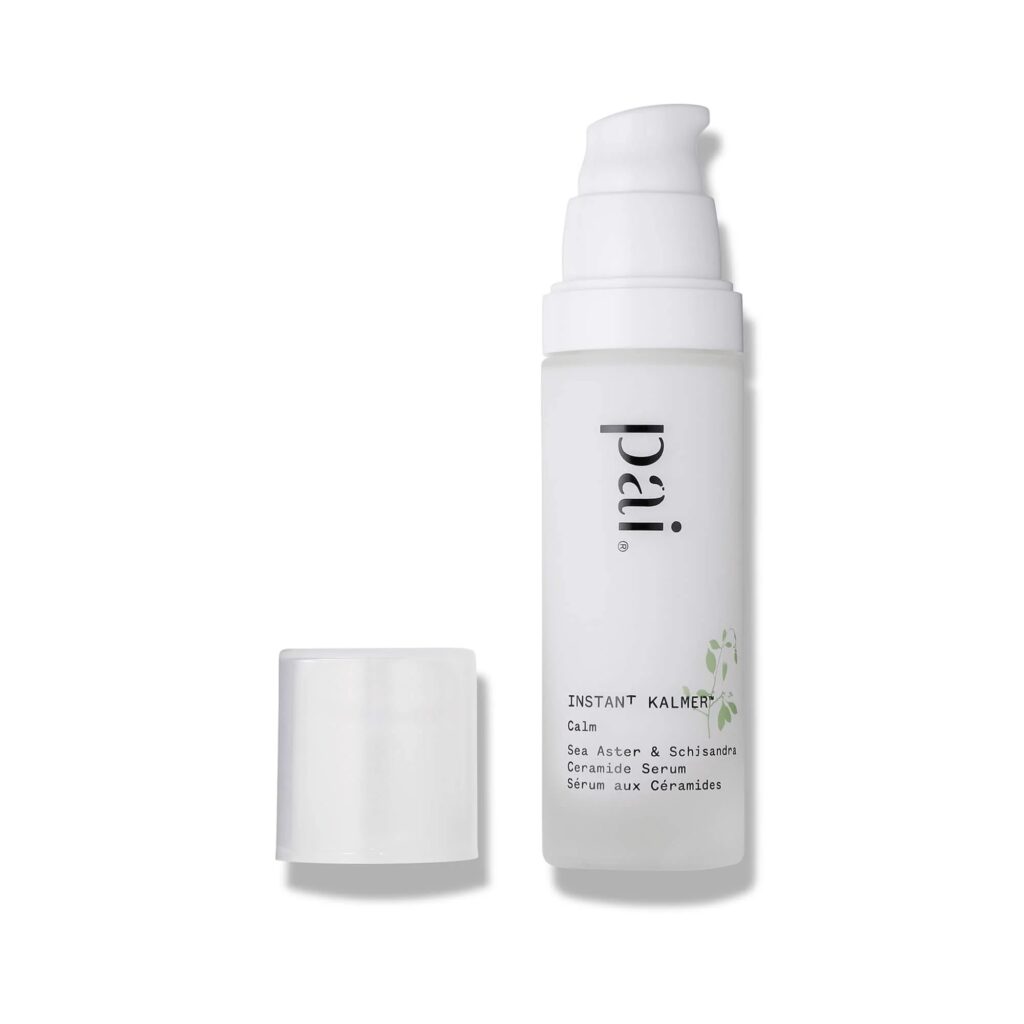
Pai ‘Instant Kalmer Ceramide Serum’ £49 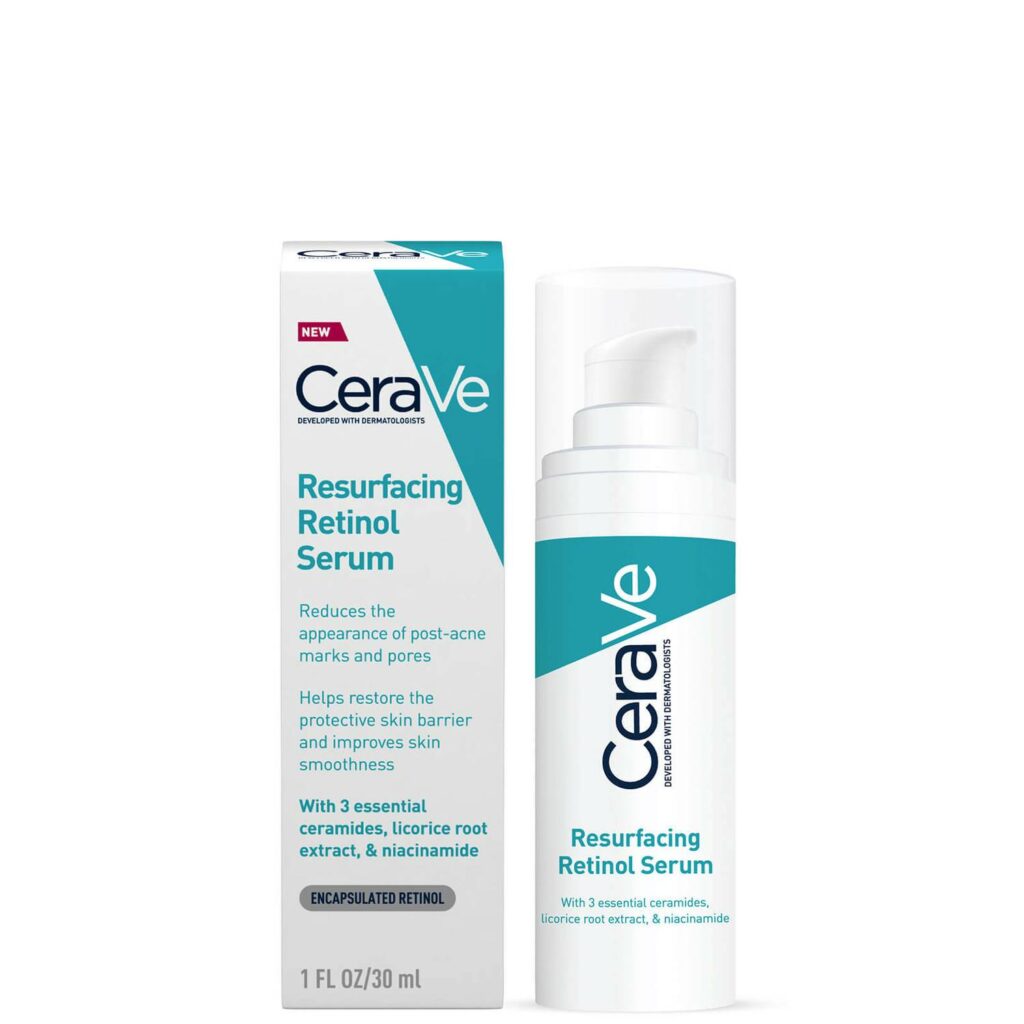
CeraVe ‘Resurfacing Retinol Ceramides’ – £19 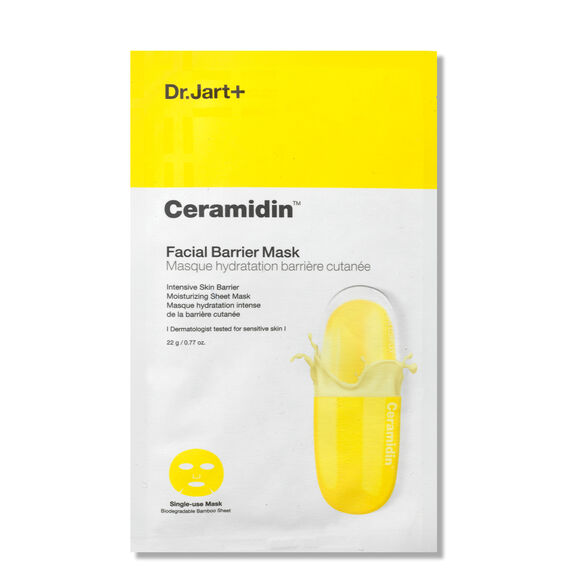
Dr. Jart+ ‘Ceramidin Facial Barrier Mask’ – £7 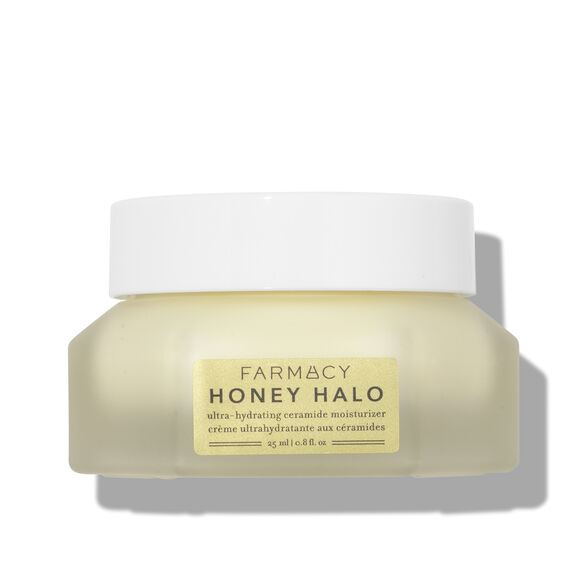
Farmacy Beauty ‘Honey Halo Moisturiser’ – £22 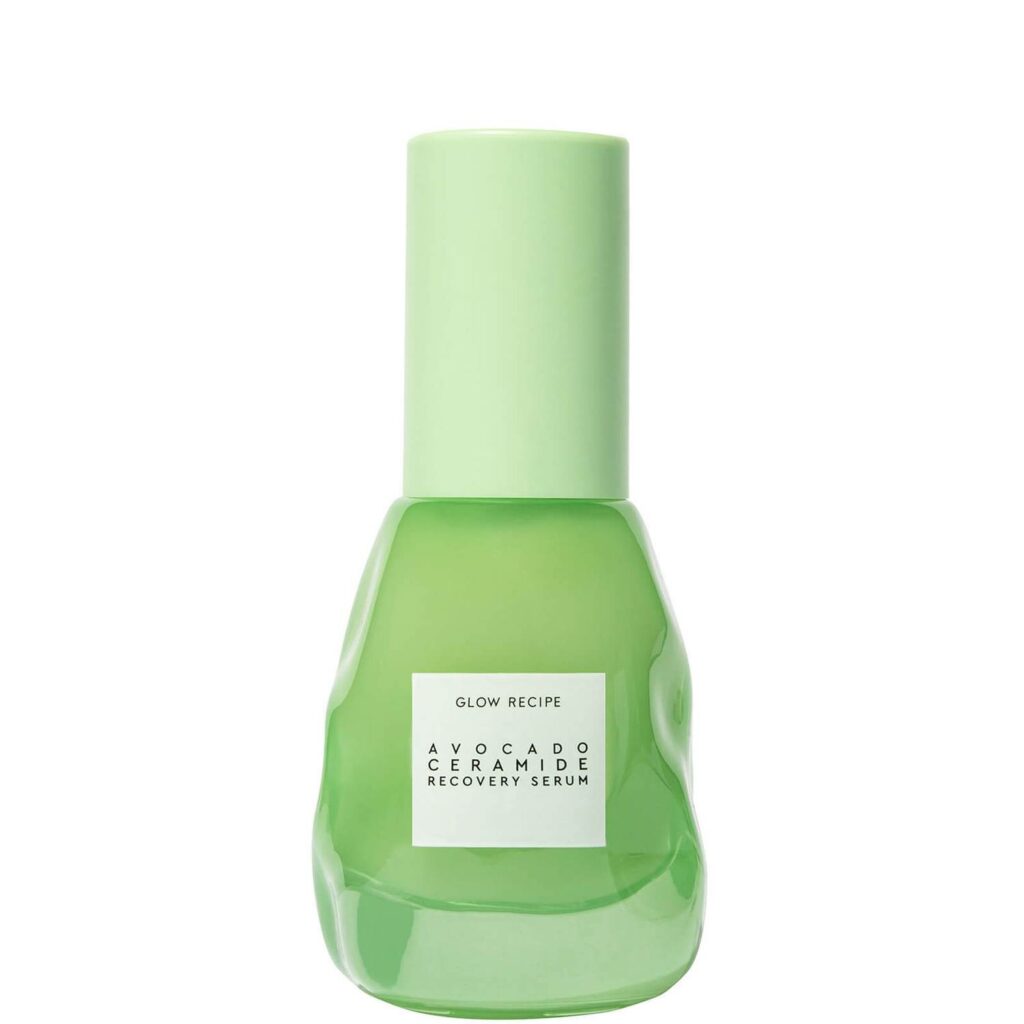
Glow Recipe ‘Avocado Recovery Serum’ – £38 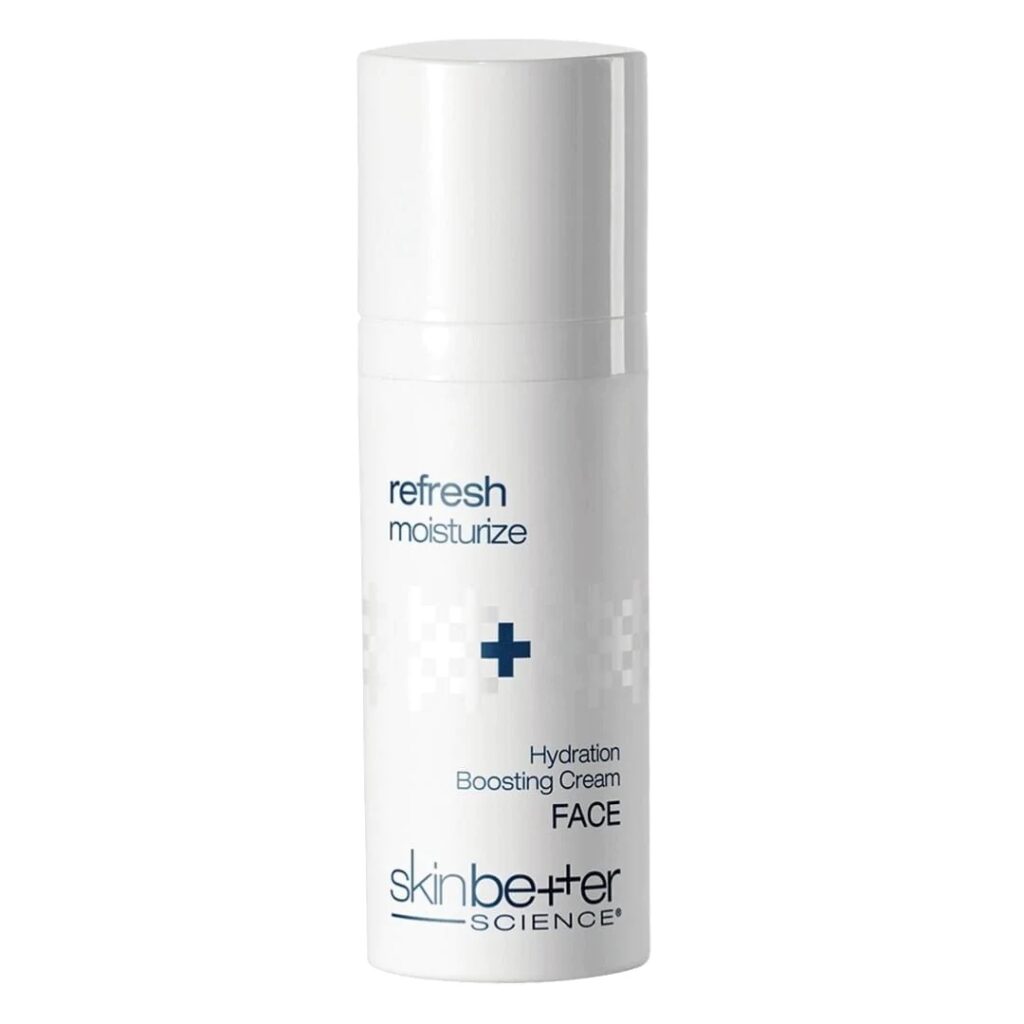
Skinbetter Science ‘Hydration Cream’ – £80
words by Frankie Rozwadowska

